European new car registrations grew for the second consecutive month in 2023, with more than 900,000 models sold across the continent.
Registrations were up 12% when compared to February 2022 and, when combined with January’s registrations, the market is 11% ahead of its performance last year to date.
Analysing the figures, Felipe Munoz, global analyst at Jato Dynamics, said: “While big structural problems persist, results from 2023 so far indicate that consumers are responding positively to more competitive offers in the market. However, rising interest rates - due to hit the market in coming months – may make consumer access to loans more difficult, potentially impacting purchasing decisions.”
The UK was one of only four markets to enjoy double-digit growth, with February recording a 26% uplift in new car sales, according to figures from the Society of Motor Manufacturers and Traders (SMMT).
Sales of electric models grew by 33%, compared to February 2022, while plug-in hybrid sales were down by 5% in the month.
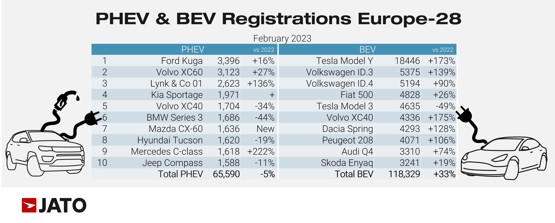 The most popular electric model in February was the Tesla Model Y, which recorded more than 18,400 sales and eclipsed the second-placed VW ID 3, which managed 5,375 registrations. The performance was strong enough to place it as the overall best-selling model for the month.
The most popular electric model in February was the Tesla Model Y, which recorded more than 18,400 sales and eclipsed the second-placed VW ID 3, which managed 5,375 registrations. The performance was strong enough to place it as the overall best-selling model for the month.
Munoz, added: “If this trend continues, by the end of this year the Model Y could easily secure a place in the European top 10 bestselling cars ranking.”
Its rise in popularity has resulted in less volume for the Model 3 - which recorded a fall of 49% in contrast to February 2022 registrations, however.
The Dacia Sandero was the second best-selling car in February, with the Peugeot 208 placing third.
Volkswagen remained the strongest brand in Europe, in February, with almost 97,000 cars registered and a growth of 24%.


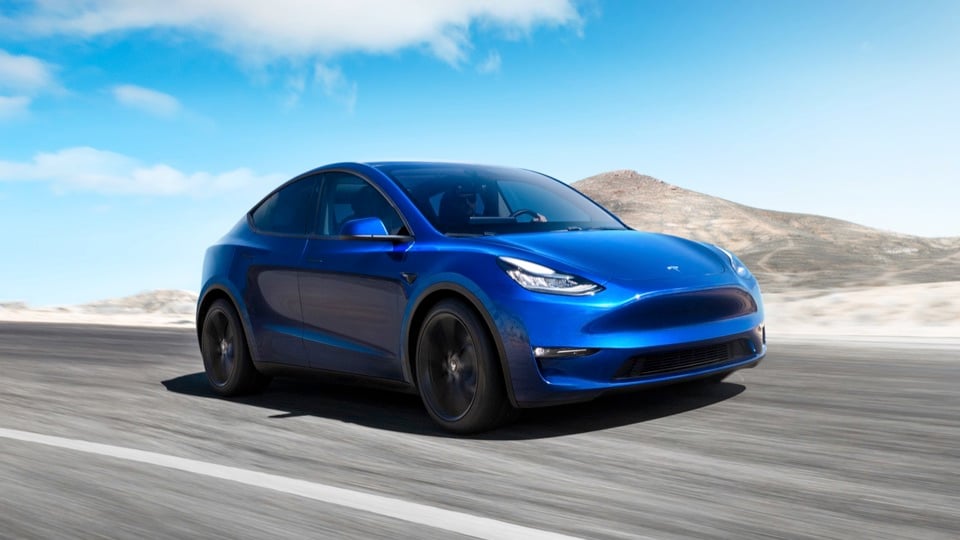



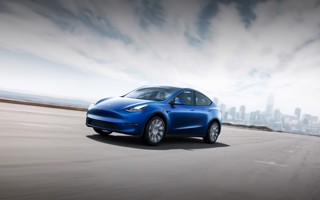
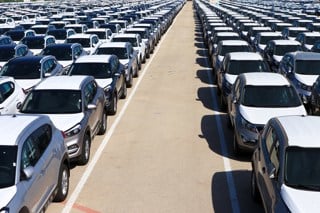

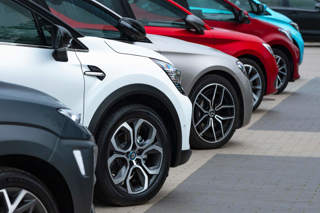












Login to comment
Comments
No comments have been made yet.